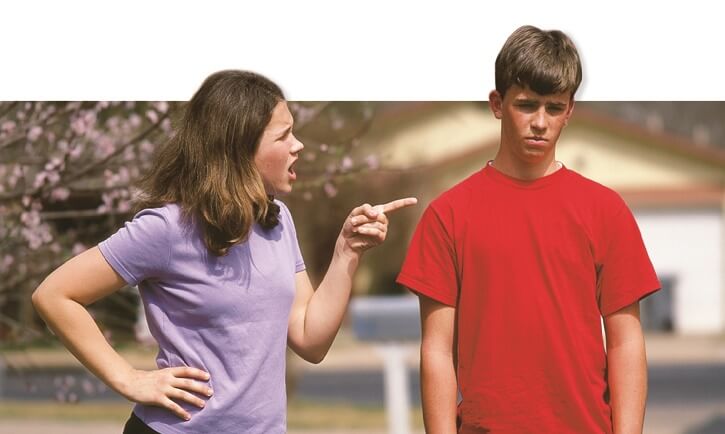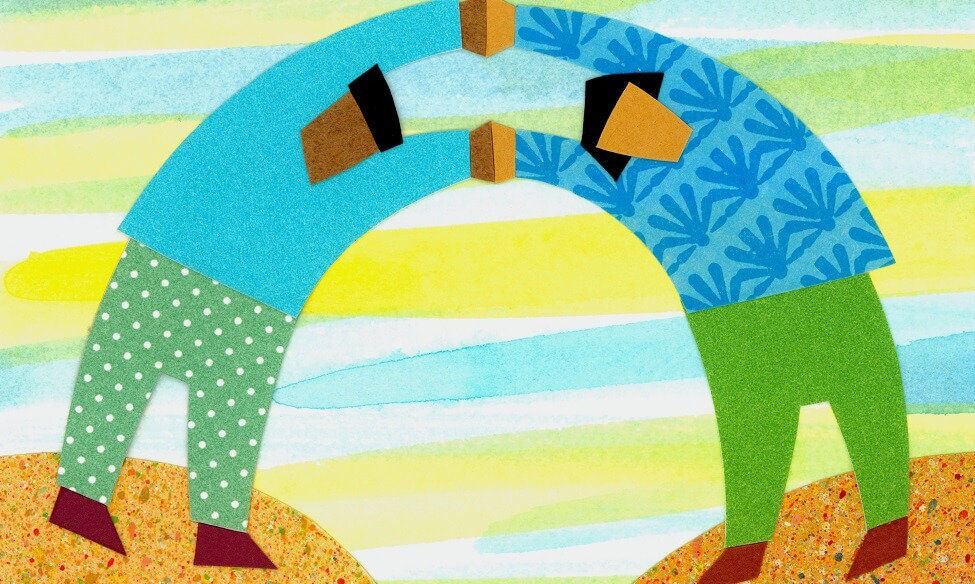Tim Ferriss: How the World’s Most Successful People Start Their Days
Source: Inc.
Taken from his book Tribe of Mentors, author Tim Ferris shares the morning routines of notable people.

Taken from his book Tribe of Mentors, author Tim Ferris shares the morning routines of notable people.

Ethics professor Arthur Dobrin argues that we must balance forgiveness with justice.

Click this link to read about the findings of a study that surveyed teenagers about how they represent themselves on social media.

Do you know what it means to have a good work ethic? Read this article to get some advice on how to develop the habits and skills that will make you a valued worker in any field.

Thanks to virtual reality, First Airlines passengers sightsee destinations around the world without ever leaving the ground.

A few years ago, Ron Finley decided to change his neighborhood’s lack of healthy foods. After an initial negative response from city authorities, his work is now educating and inspiring others to make positive changes through gardening.

Look at photos of student walkouts across the country as they protest gun violence.

It might be more comfortable to only hear opinions that we already agree with, but by failing to listen to each other, we’re not only increasing the political divide in America; we’re making ourselves less smart.

Learn about six women who refused to let discriminatory social climates keep them from adventure-filled lives.

An opinion columnist gives his take on how finding common ground will help the United States move forward, together.